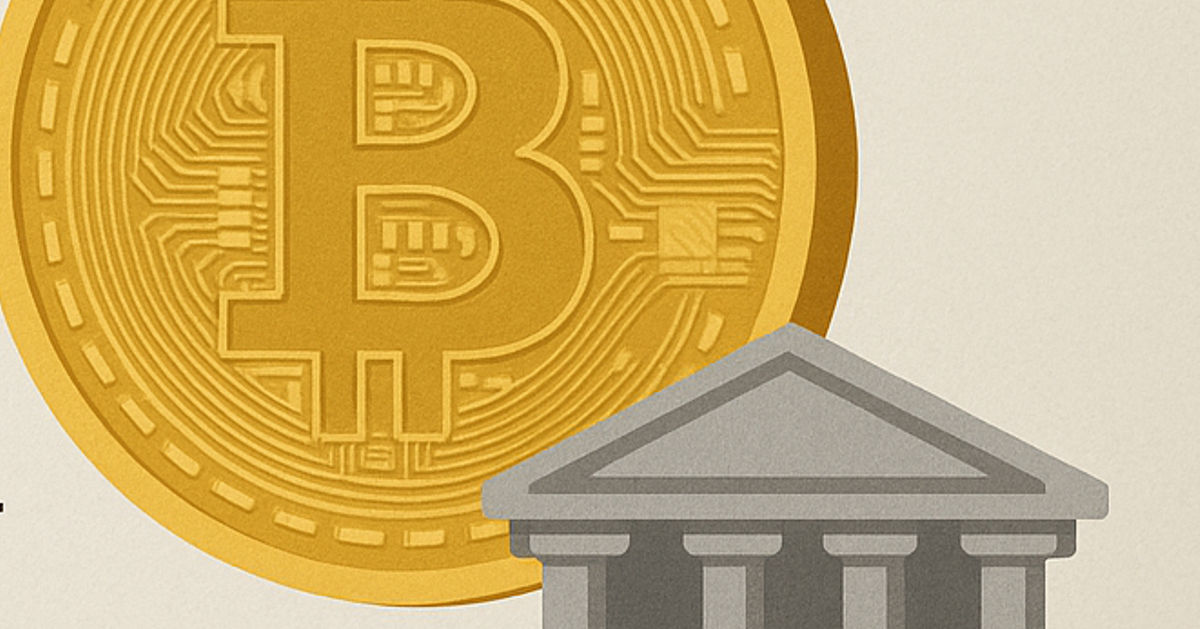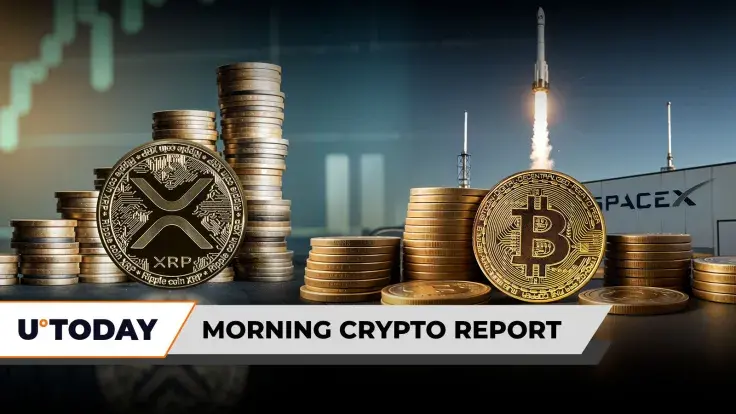Crypto Catastrophe: Paxos Unleashes $300 Trillion in PayPal Stablecoins!

Stablecoin issuer Paxos experienced a significant internal technical error on Wednesday, mistakenly creating an astounding 300 trillion tokens of PayPal’s PYUSD on the Ethereum blockchain. This colossal sum is unprecedented, dwarfing the entire global economy by more than double its annual GDP, which is estimated by the IMF to be around $120 trillion. The incident, which Paxos immediately classified as an "internal technical error" during a routine transfer, saw the erroneously minted tokens swiftly destroyed within minutes, ensuring no customer funds were affected.
According to verifiable on-chain data, the 300 trillion PYUSD tokens were generated in a single Ethereum transaction. Blockchain observers quickly spotted the anomaly, leading to rapid dissemination of screenshots and widespread attention across social media. However, Paxos acted with remarkable speed, sending the excess tokens to a burn address, effectively erasing them from circulation. The company clarified the event in a post on X, stating, "At 3:12 PM EST, Paxos mistakenly minted excess PYUSD as part of an internal transfer. Paxos immediately identified the error and burnt the excess PYUSD. This was an internal technical error. There is no security breach. Customer funds are safe. We have addressed the root cause."
Despite the eye-popping scale of the error – which, if valued at its $1 peg, would represent $300 trillion – the market impact was surprisingly contained. On-chain data indicated a brief wobble in PYUSD's peg, dipping by approximately 0.5% before quickly normalizing. Out of caution, several DeFi protocols, including Aave, temporarily froze PYUSD transactions, illustrating the interconnectedness and rapid response mechanisms within the crypto ecosystem when anomalies occur.
For PayPal, which launched PYUSD last year as its entry into crypto payments, marketing it as a transparent, regulated stablecoin backed 1:1 by U.S. dollar reserves and issued by a New York-regulated trust company, this incident presents an awkward challenge. While the backing of PYUSD was not directly compromised, the glitch raises pertinent questions about the operational controls and auditing procedures at Paxos, the firm entrusted with maintaining the stablecoin’s integrity.
The transparency inherent in blockchain technology played a dual role in this event. It was the public nature of the Ethereum blockchain that allowed watchers to instantly detect the erroneous minting, yet it also provided clear, undeniable proof that the tokens were subsequently burned and the error rectified. This "spotlight and safety net" highlights the delicate balance of trust in modern finance, underscoring that even in systems built on immutable code, human input and the potential for error remain significant factors.
Crypto analyst Adam Cochran characterized the event as a "fat-finger moment of historic scale," emphasizing that while such internal testing errors are not unprecedented for token issuers, the stakes are considerably higher for Paxos due to its role as PayPal's official blockchain partner. Cochran further noted that such incidents "shows that centralised control over minting, even in a transparent system, can still go wrong, and that’s something regulators will care about."
Regulators are already closely observing Paxos, which previously faced pressure from the U.S. Securities and Exchange Commission concerning its Binance-branded stablecoin, BUSD. This recent glitch, occurring within the context of the high-profile PayPal partnership, is likely to intensify the ongoing debate regarding the perceived risk-free nature of even regulated stablecoins.
Ultimately, no individual users suffered financial loss, no wallets were drained, and no market segments collapsed. However, the reputational cost to Paxos is substantial. Trust, a fundamental currency in finance, is far more difficult to restore than burning mistakenly minted tokens. Paxos has affirmed that it has identified and addressed the root cause of the glitch, implementing strengthened safeguards. Nevertheless, as stablecoins gain increasing importance in digital payments and decentralized finance, any appearance of instability can profoundly impact confidence. This bizarre episode will undoubtedly be remembered as a unique footnote in digital finance history, serving as a powerful reminder that human oversight remains critically important, even in the most technologically advanced systems.
You may also like...
Brentford Shake-Up: Keith Andrews Inherits Challenging Post-Frank Era

Keith Andrews has steered Brentford to an unexpected resurgence in the Premier League, defying low expectations followin...
El Clásico Erupts: Wenger Slams Barca, Vinicius Threatens Exit After Fiery Match
)
Real Madrid secured a 2-1 El Clásico victory over Barcelona, extending their La Liga lead, but the match was marred by V...
Star Wars Fans Unleash Uprising: Adam Driver's Lost Film Ignites 'Missing Poster' Campaign!

Adam Driver's Ben Solo Star Wars movie, 'The Hunt for Ben Solo,' was surprisingly canceled by Disney, despite Lucasfilm'...
Industry Shockwave: Netflix and AMC Theatres Forge Blockbuster Alliance for Future Projects!

AMC Theatres and Netflix are forging a new path in their relationship, with AMC agreeing to screen Netflix films like “K...
Megan Thee Stallion Drops Bombshell: Accuses Critics of Being Paid Bots

Megan Thee Stallion recently used Instagram Live to address what she believes is orchestrated online hate, claiming that...
Drake Stuns Toronto Crowd with Surprise Appearance at Vybz Kartel’s Landmark Debut

Drake made a surprise appearance at Vybz Kartel's first-ever Toronto concert, performing an eight-track set and paying t...
Cocaine Kingpin Unmasked: Motherwell Joiner Faces Decades Behind Bars in £125,000 Drug Bust!

A Motherwell joiner has admitted to being involved in the supply of cocaine after police found £125,000 worth of the Cla...
Diddy's Fate Sealed: Superstar Rapper's Prison Release Date Revealed as 2028!

Sean “Diddy” Combs is set for prison release on May 8, 2028, following his conviction on transportation charges and a 50...




